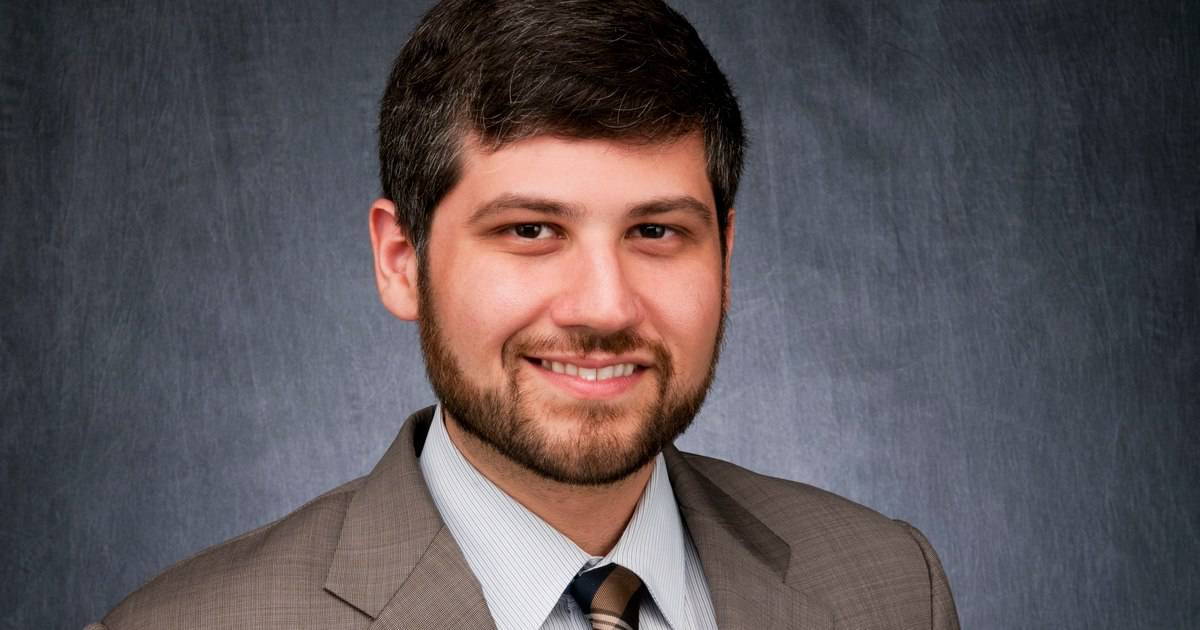Introduction
In early August, the White House quietly informed the U.S. Senate that it was withdrawing the nomination of labor lawyer John J. Sullivan for a seat on the Federal Election Commission.
Sullivan, associate general counsel for the Service Employees International Union (SEIU), had been nominated more than 15 months earlier and sailed through a Senate Rules Committee hearing in June 2009 with unanimous bipartisan support.
Now, in an exclusive interview with the Center for Public Integrity, Sullivan describes the confirmation process as “a broken system” and explains why he asked the Obama administration to withdraw his nomination.
He says the decision to end the quest for confirmation was entirely his, the result of a marathon process that began when the administration offered him the position a month after President Barack Obama’s inauguration. Eighteen months later, with no confirmation vote in sight, Sullivan says he realized “it didn’t seem likely the impasse was going to be resolved, and a confirmation didn’t seem in the offing in the foreseeable future.”
Impasse linked to other FEC openings
The impasse Sullivan refers to grew out of objections from the Senate’s two most prominent campaign finance reform crusaders. One month after the Senate Rules Committee endorsement, Democrat Russ Feingold of Wisconsin and Republican John McCain of Arizona placed a “hold” on Sullivan’s nomination, serving notice that they would filibuster his confirmation. Two additional FEC commissioners’ terms were up — one a Democratic seat, one a Republican slot — and the duo demanded Obama nominate replacements to fill those seats before they would permit a vote on Sullivan.
In a joint statement, the senators said “The FEC is currently mired in anti-enforcement gridlock; the president must nominate new commissioners with a demonstrated commitment to the existence and enforcement of the campaign finance laws.”
Why hasn’t Obama done so? Traditionally, nominees to the FEC are presented as a pair, replacing one Democratic and one Republican commissioner whose terms have expired. The White House almost always defers to the other party’s Senate leader to select his party’s nominee. But, as Sullivan explains, there was little movement by Republican Minority Leader Mitch McConnell toward giving President Obama a name to replace Commissioner Donald McGahn. Rather than breaking with that tradition and risking a major fight with the Senate GOP, Obama has refrained from nominating replacements for either.
And without more nominees, McCain and Feingold continued to block Sullivan’s confirmation. The commission has continued to operate with six members, however, because commissioners whose terms have expired may continue to serve until replacements are in place.
Sullivan believes he would have received more than 60 votes — the magic number required to end a Senate filibuster — even with the objections from McCain and Feingold, given the bipartisan praise he received at his Senate confirmation hearing. But no cloture vote was ever scheduled.
“No one ever expressed any opposition to my background, my qualifications, or any of the things that I believed,” Sullivan says.
Senate cloture process is ‘distraction’
“The problem with cloture,” he says, “is not the vote but the amount of floor time it takes in the Senate.” Sullivan says “it is an incredible distraction to occupy the Senate with a nomination like mine with so many other pressing matters on the floor.” Even if cloture is invoked with approval of at least 60 senators, Senate rules provide for 30 more hours of floor debate — precious time, especially given a full Senate docket that included health care, financial services, the budget, and two Supreme Court confirmations.
Sullivan appealed twice to Feingold, hoping to convince him to drop his objections. “I tried to convince him I was a nominee whose views [including support for the DISCLOSE Act] he’d be comfortable with. That didn’t seem to move him.”
With no additional Commission nominations from the White House on the horizon, Feingold and McCain unwilling to bend, and a checkered history for recess appointees to the FEC, Sullivan saw the writing on the wall. There seemed to be “no way to resolve that impasse,” he says. “When that became obvious to me, I made my decision.” Now Sullivan, who moved away from campaign finance law in his post at SEIU, can return to a professional life that was in limbo for a year and a half.
But Sullivan sees serious flaws in the confirmation process. “I think the dangers of abuse of the filibuster process are most evident in appointments, he says. He notes that some other Obama nominees have suffered far worse “abuse” at the hands of the Senate than he did.
“It wasn’t something I thought I was entitled to or campaigned for with the administration. If I had to go through it again, I’d probably do the same thing.” During his year and a half as an almost-FEC Commissioner, Sullivan says, he drew inspiration from a John Milton quote, “They also serve who only stand and wait.”
“As a nominee bottled up in the Senate,” he says, “I think that was particularly appropriate.”
Multiple calls and e-mails to the offices of Feingold and McCain were not returned. The White House and Republican Senate Leader McConnell also did not respond to requests for comment.


Join the conversation
Show Comments